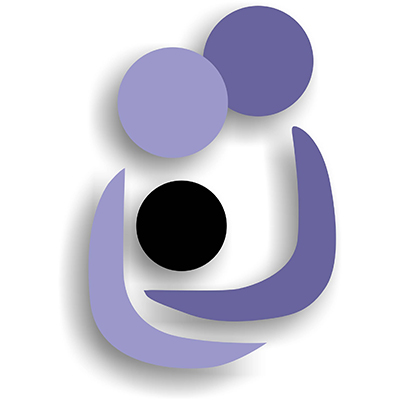Advice for parents of young children in the pandemic season
(Written by Joy D. Osofsky, PhD & Harold J. Osofsky. M.D., Ph.D. ‘Terrorism and Disaster Coalition for Child and Family Resilience’). This text was published on the website of the International Psychoanalytic Association (IPA) and translated into Greek by Amina Moskoff, a clinical psychologist and a candidate member of the Hellenic Psychoanalytic Society.
Coronavirus (Covid-19) is a pandemic. Fortunately, very few children have become ill and the majority of them are mild cases. However, what greatly affects children is the quarantine and stress of the parents and the adults who surround them in general. Adults tend to believe that children do not realize the changes and the pervasive stress that prevails, and tend to ignore their great observation and sensitivity to what is happening around them. Let’s look at some of the ways children react and how we can help them. Common childhood trauma reactions:
1. Frequent crying, hyperactivity, difficulty sleeping and during sleep, nightmares, attachment to important others, fear of separation from important others, repetitive play (may repeat something they heard over and over again, may show special care for their dolls or their fluffy animals, eg. hiding them, covering them).
2. Some children can become very aggressive and angry. Others tend to withdraw from any interaction. Some may behave as if they are younger than their age, soiling themselves, asking for a bottle instead of a glass, asking for baby food, refusing to eat, or talking like younger children.
3. Children are particularly sensitive to the stress experienced by those who care for them. It affects their ability to maintain a stable level of functioning and also affects their emotions. Most of the time they can not talk about their fear and distress. Adults can only protect them if they are aware of the children’s grief.
HOW WE CAN HELP OUR CHILDREN
1. Keep a schedule. Maintaining a routine is very important for young children. Disasters, unintentional isolation and other traumatic situations tend to disrupt their schedule. When we manage to create new stable habits or to restore some of those that have been disturbed, we create a sense of security for the child. It is especially helpful to keep a regular schedule of meals and bedtime, to set a specific time to play with them, to read to them or even to sing with them.
2. Support your children. The support of parents and significant others is of particular value during and immediately after the end of a major crisis. Parents may be present but not really emotionally available, being trapped themselves in a lot of stress. It is very important to offer mental space and time to children in order to calm and reassure them.
3. Offer explanations on the changes. Young children may not understand why something has changed (why they can’t go out to play with their friends) but at least communicating with them will help them feel supported. It is important that our explanations are offered in a language appropriately adapted to the age group to which they are addressed. We keep our explanations simple.
4. Take care of yourself. This is very important. Even when children are not directly exposed to the trauma, they feel the stress that older children and adults have at home.
5. If young children have been sent to be hosted by family members in another city, it is very important to contact them as often as possible during the day but also before bedtime. If they stay home it is good to communicate with other children through electronic means.
Source: Hellenic Psychoanalytic Society
